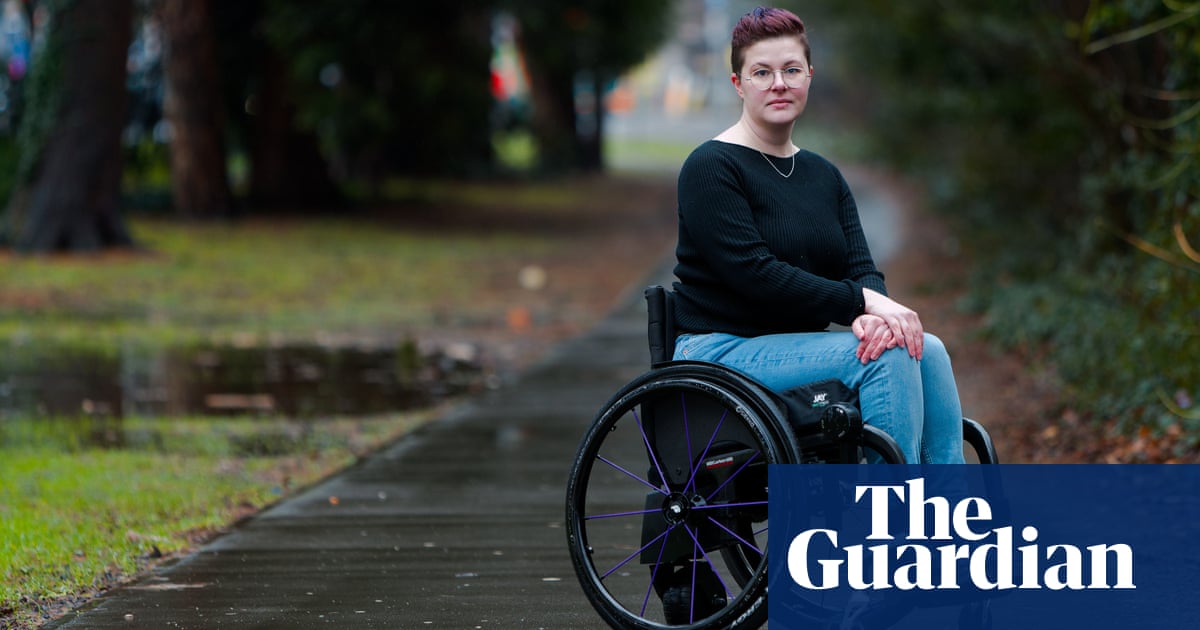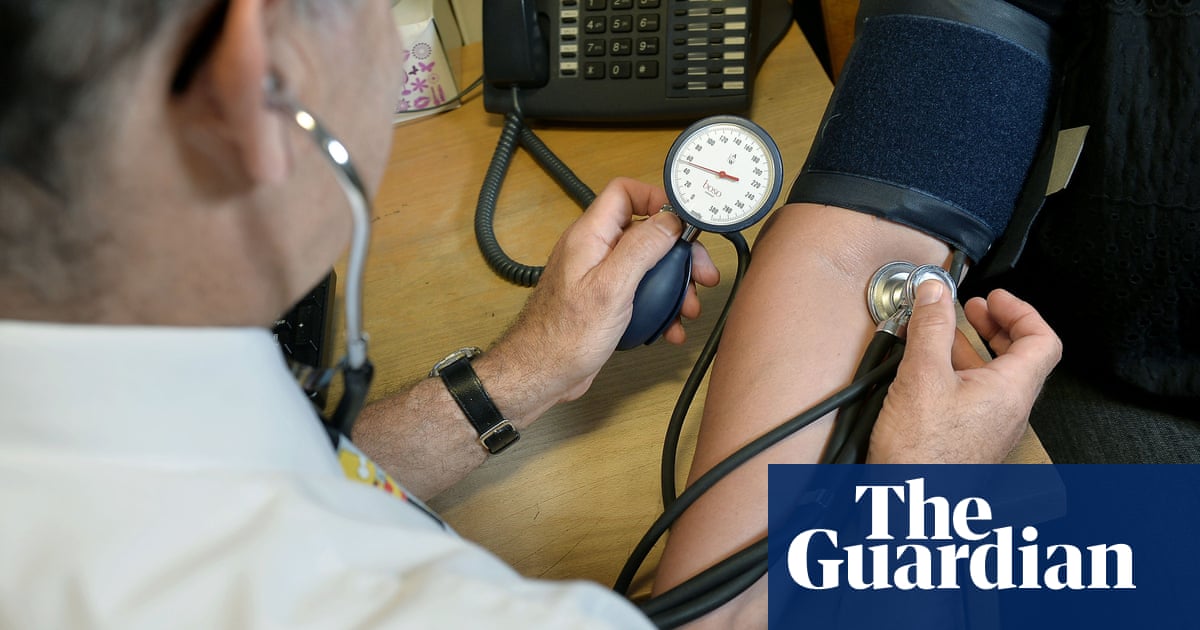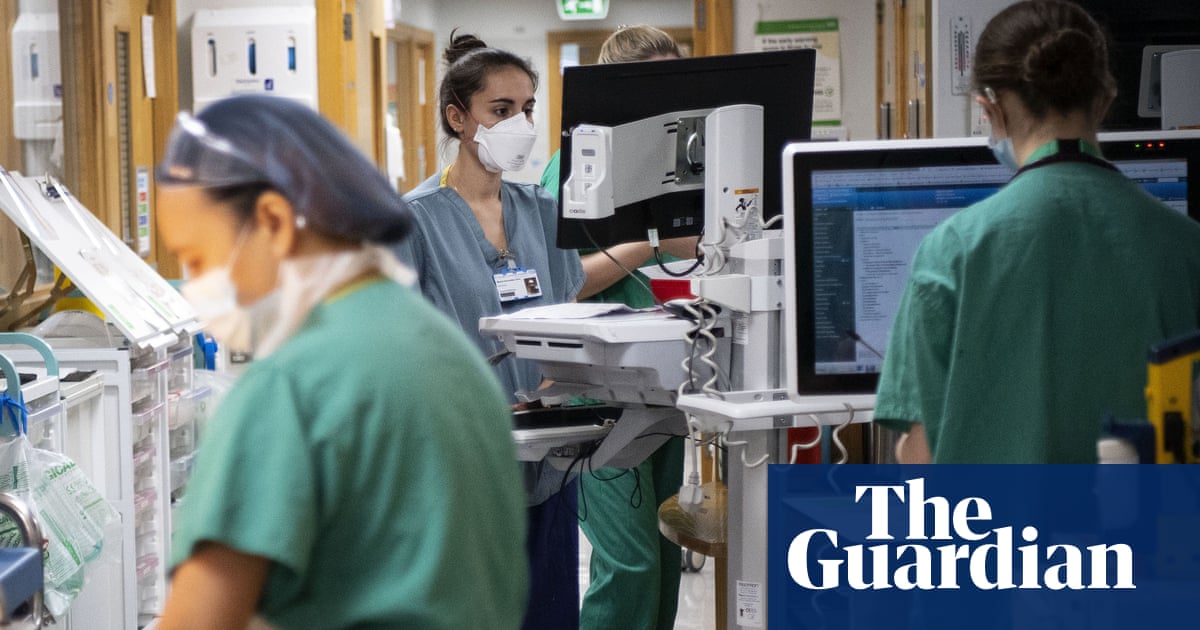
The numbers of cancer patients facing delays in seeing a specialist for the first time and starting their treatment have hit record highs in England, amid fears that overstretched NHS services can no longer provide prompt care.
The disclosure comes as a new row over how quickly hospitals can clear the record 6 million-strong NHS backlog has forced ministers to delay publication of the long-awaited plan to tackle it.
Half a million people in England with suspected cancer will have to wait longer than the supposed two-week maximum to see an oncologist this year, an analysis for the House of Commons library reveals.
The number of patients confirmed to have the disease who are unable to start treatment such as surgery or chemotherapy within the 31 or 62 days that hospitals try to guarantee is expected to exceed 75,000 for the first time.
Experts, who claim significant shortages in the NHS cancer workforce are to blame, fear delays in getting diagnosed and starting care could reduce a patient’s chances of survival. Cancer charities highlighted the “unimaginable distress and anxiety” they induce in patients.
“Cancer care is in crisis,” the shadow health secretary, Wes Streeting, said. “As this new analysis shows, terrifyingly large numbers of people are waiting longer than they should to receive vital cancer care and treatment with the insecurity of not knowing.”
Streeting, who was treated for kidney cancer last year, asked the Commons library to analyse the NHS’s performance against the array of targets introduced 11 years ago that in theory guarantee patients speedy care.
The analysis found that between April and November last year 290,428 people with possible symptoms of cancer did not get to see a specialist within 14 days of being urgently referred by a GP. After seven months of the year that is already far higher than the previous highest number breaches of the target, the 235,549 recorded last year.
They include 91,896 people who may have breast cancer, 76,307 with suspected skin cancer and 47,936 who GPs believe may be suffering from lower gastro-intestinal cancer.
The total figure equates to 41,490 people a month. If that trend continues, as many as 497,877 people who have a lump, unexplained bleeding or other potential sign of the disease will have missed out on a first appointment by the time 2021-22 ends at the end of next month. If confirmed, it will represent an almost 11-fold rise on the 45,291 such cases seen a decade ago.
“These figures show the huge challenge the NHS faces in clearing the cancer backlog. This is a time of real worry and anxiety for people waiting for a cancer diagnosis, with any delay creating the risk of a worse prognosis”, said Minesh Patel, the head of policy at Macmillan Cancer Support.
The analysis also shows that the proportion of women who GPs fear may have breast cancer who see an oncologist within two weeks has fallen to just 72.7% – the lowest since records began.
Delyth Morgan, the chief executive of Breast Cancer Now, said: “It’s highly alarming that increasing numbers of women with potential breast cancer symptoms are waiting over two weeks to be seen by a specialist.
“Ensuring that women with breast cancer get a prompt diagnosis and start treatment as quickly as possible gives them the best chance of survival.”
She urged ministers to “put an end to agonising delays for women” and boost the NHS breast cancer workforce “which was already overstretched and chronically under-resourced prior to the pandemic”. Some hospitals are so short of specialist cancer nurses that they have had to limit the amount of chemotherapy they provide.
Commons researchers also found that 12,498 people diagnosed with cancer during the first seven months of 2021-22 were unable to undergo their “first definitive treatment” within 31 days of doctors deciding to treat them. That is another record high compared with the 13,907 such cases recorded in 2020-21 and could mean that by the end of March about 21,425 people will have waited longer than a month this year. Ten years ago the same figure was 4,005.
Even larger numbers of cancer patients are not having their “first definitive treatment“ 62 days after an urgent GP referral. Between April and November in all 32,647 people missed out on undergoing surgery, chemotherapy or radiotherapy within that timescale, which is another key NHS cancer target. Again, if the 4,664 people a month denied that chance is repeated until the end of next month, then a total of 55,966 people across the whole of 2021-22 will have been affected.
The Department of Health and Social Care (DHSC) was expected to publish the “elective recovery plan” detailing measures to tackle the 6-million backlog, on Monday. That, however, has been delayed for a second time by a fresh bout of wrangling between NHS England and the government over how how demanding the targets imposed on hospitals should be.
The disagreement centres on the deadline by which NHS trusts will have to have treated all those who have been waiting either one year or two years for care, usually an operation. “Conversations about the targets have become protracted and difficult. The Treasury wants a certain scale of ambition, they want tougher targets than NHS England thinks is feasible”, said an NHS source.
Another NHS source said: “There will be an aim to end 104-week waiters by the end of March. And nobody will wait more than a year for treatment by March 2025, but the government are trying to bring that forward to March 2024, and that is still being negotiated.”
The Commons library’s research shows that the number of patients not getting cancer care on time has been rising relentlessly every year since Labour first created the targets in 2009.
“The Conservatives blame the pandemic”, said Streeting. “But the state of cancer care has been worsening every year since 2010, and the NHS had record long waiting lists and 100,000 staff shortages before Covid hit. It’s a bit rich for the Tories to now declare a ‘war on cancer’ when they spent the last 12 years disarming the NHS through mismanagement and underfunding.”
In a statement the DHSC blamed the unprecedented delays on the pandemic. It said: “Cancer diagnosis and treatment remains a top priority. The pandemic has put enormous pressures on the NHS, causing waiting lists to grow, but now most cancer services are back to or above pre-pandemic levels.
“Our record investment in the NHS includes an extra £2bn this year and £8bn over the next three years to cut waiting times, including through delivering an extra 9 million checks, scans and operations, making sure more patients get the treatment they need sooner.
“Last week the health and social care secretary declared a national war on cancer, with the launch of a call for evidence to inform a new 10-year plan to improve cancer care, speed up diagnosis and invest in innovative new treatments.”












